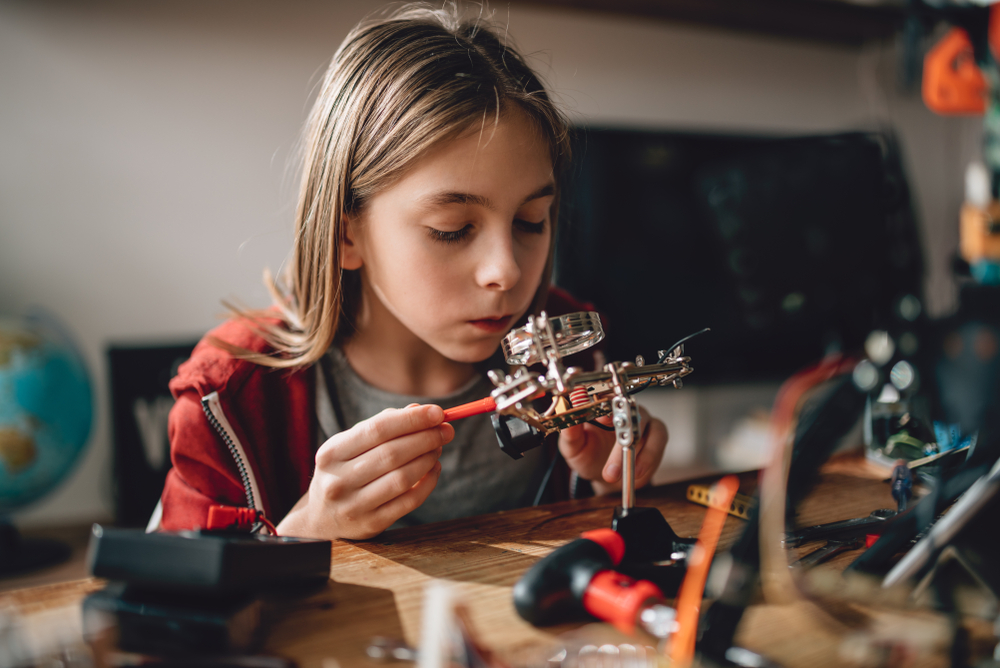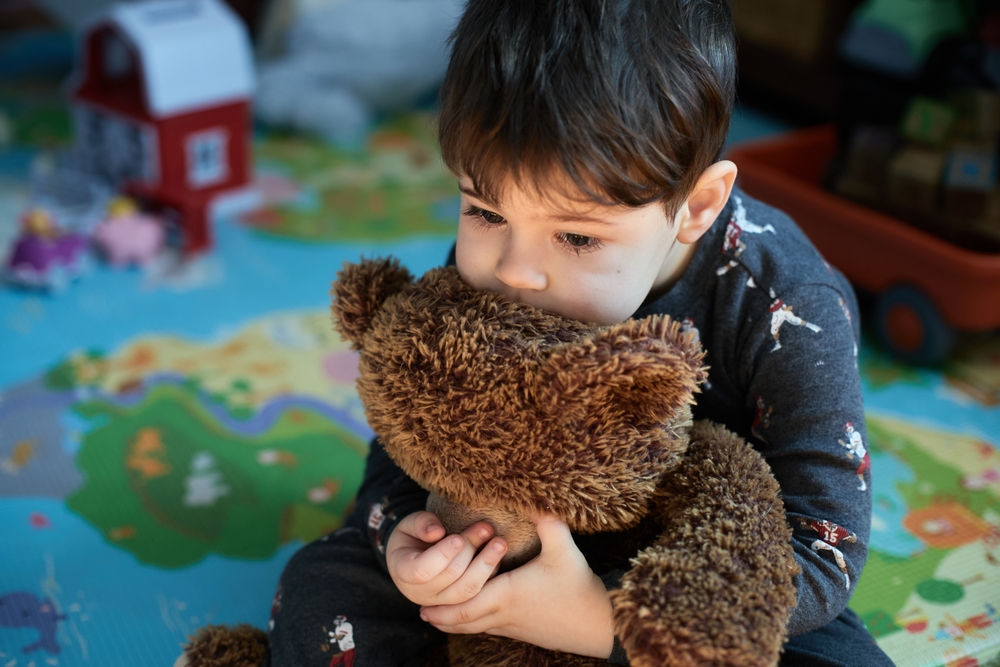Family dynamics often shape a person’s emotional development more than they realize. Even when parents insist they love all their children equally, subtle patterns can reveal favoritism. These patterns often form unintentionally, influenced by personality compatibility, birth order, or even parental stress levels. Over time, they affect how each child sees themselves, their value, and their place in the family. Understanding these signs helps reveal how early relationships shaped confidence, attachment, and emotional habits. Below are ten key signs that show whether someone was the favorite child, or if they were not. Let’s start with 5 signs you were defineitly the favorite:
You Received More Praise and Attention

Their achievements are highlighted at family gatherings, their report cards pinned to the fridge, and their milestones celebrated with enthusiasm. Parents may have shown off their artwork or photos to friends and relatives, giving them visible pride. This consistent recognition reinforces a sense of value and belonging, creating strong internal confidence. However, it can also make the child overly reliant on external validation, expecting approval to confirm self-worth.
You Were Trusted With More Responsibility

They might have been left to babysit, run errands, or handle tasks their siblings were not trusted with. This responsibility often came with parental pride, reinforcing the idea that they were dependable. Over time, this trust can nurture leadership and independence, but it can also cause anxiety and a fear of failure. These children learn that being responsible keeps them in good standing, which sometimes leads to overperformance or burnout later in life.
You Got Away With More

The favorite child can make mistakes or break rules without facing serious consequences. Parents may excuse the behavior as “a one-time thing” or defend the child’s intentions. Meanwhile, other siblings might receive stricter punishment for the same actions. This uneven treatment often creates silent tension among siblings and can lead to the favorite developing a sense of privilege or immunity from criticism. It also subtly teaches them that charm or parental affection can override accountability.
You Shared a Closer Bond With a Parent

This connection goes beyond normal affection, often including inside jokes, shared secrets, or more one-on-one time. The parent may have confided in the child, relied on them for emotional comfort, or treated them as an ally in family matters. While it can make the child feel special, it also places emotional weight on them that can blur boundaries. As adults, they often have strong attachment bonds but may struggle with people-pleasing to maintain closeness.
Your Parents Invested More in Your Success

Parents might pay for extra lessons, new equipment, or better opportunities that other siblings did not get. They show excitement for the child’s goals and actively participate in their development. This early investment teaches ambition, but it also links love with achievement. Many favorite children grow into adults who equate success with worth, constantly striving to prove themselves worthy of admiration. Here are 5 Signs You Weren’t the Favorite Child:
You Were Constantly Compared to Your Siblings

Parents may have said things like, “Your brother never does that,” or “Your sister always helps without asking.” These constant comparisons make a child feel like they are always falling short, no matter how hard they try. Over time, this erodes confidence and creates a lasting sense of inadequacy. Adults who experienced this often become overly self-critical or avoid competition to protect their self-esteem.
You Felt Ignored or Overlooked

Parents may have forgotten events, missed performances, or given short responses to exciting news. The emotional message received is that their presence mattered less. These children often learned to stay quiet, self-soothe, or downplay their emotions to avoid disappointment. In adulthood, this can manifest as a reluctance to seek attention or share accomplishments, fearing rejection or indifference.
You Faced Stricter Rules and Harsher Discipline

Non-favorite children often experienced tougher rules, less leniency, and more criticism. If they made a mistake, they were more likely to be blamed, even when others were involved. Over time, this pattern creates hyper-vigilance and a constant fear of doing something wrong. Adults who grew up under harsher standards often overanalyze their actions and struggle to trust authority figures, believing fairness is rare.
Your Achievements Were Minimised

They might hear vague praise like “That’s nice” instead of genuine excitement. In families with favoritism, success from one child is celebrated, while another’s is quietly brushed aside. This can teach children to stop seeking recognition and to internalize the idea that their accomplishments lack importance. Later in life, they may avoid celebrating wins or doubt their success is deserved.
You Became the Peacemaker or Caretaker

They may take on the role of the caretaker, peacemaker, or “quiet achiever” to gain approval. Their goal becomes harmony, not recognition. They absorb family tension and try to prevent conflict. While this earns them reliability and emotional awareness, it also leads to exhaustion and neglect of their own needs. In adulthood, they often attract unequal relationships where they give more than they receive, continuing the pattern learned in childhood.
The Emotional Legacy of Family Favoritism

Favorite children may carry hidden guilt, fearing that they benefited unfairly or must keep performing to deserve affection. Non-favorites may battle insecurity, resentment, or difficulty trusting love that feels unconditional. Recognizing these patterns allows individuals to separate their worth from their family roles. Healing starts when people stop measuring their value against the treatment they received and begin defining themselves through self-acceptance, fairness, and emotional balance.
Read More: The 20 Everyday Habits That Reveal You Weren’t the Favorite Child
Disclaimer: This article was created with AI assistance and edited by a human for accuracy and clarity.

